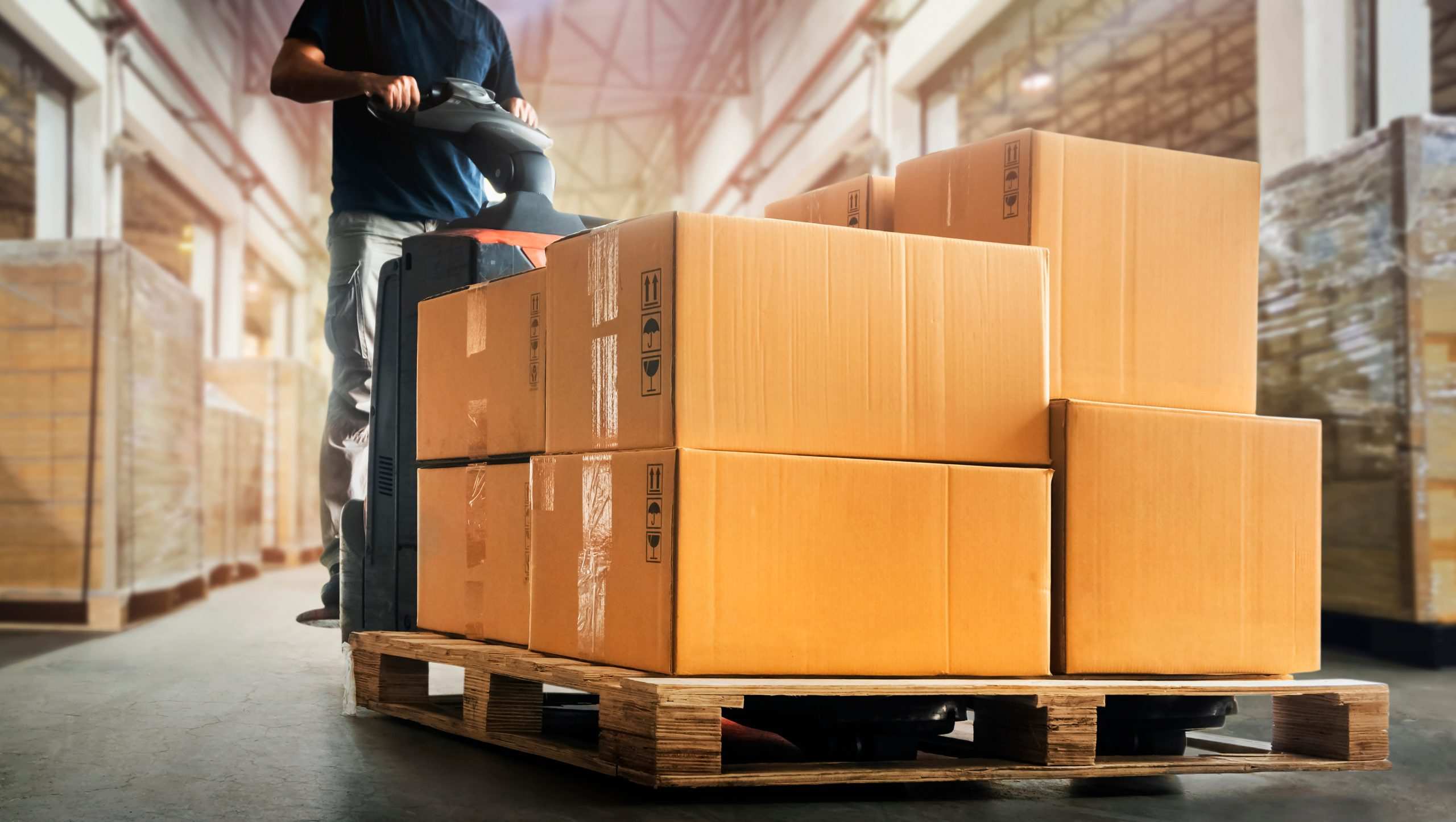Courier services have been an integral part of the United Kingdom’s economy for decades. As technology continues to advance and global commerce expands, the UK’s courier industry must adapt to meet the needs of consumers, businesses, and the environment. In this article, we explore the trends shaping the future of courier services in the UK, highlighting the role of emerging technologies, the shift towards sustainable operations, and new delivery models. Additionally, we will discuss potential challenges the industry may face as it continues to evolve.
Technological Innovations
Automation and Robotics
As the demand for fast and efficient delivery services grows, courier companies are increasingly turning to automation and robotics to streamline their operations. Self-driving vehicles and drones are expected to play a significant role in the future of courier services, offering the potential to revolutionise last-mile delivery. By reducing human involvement in the delivery process, companies can cut costs and improve efficiency, while also minimizing the risk of accidents.
Artificial Intelligence and Machine Learning
The use of artificial intelligence (AI) and machine learning in the courier industry is already transforming the way businesses operate. These technologies enable companies to optimise their routing and scheduling processes, ensuring that packages are delivered more quickly and efficiently. Furthermore, AI-powered customer service chatbots can handle customer queries around the clock, providing immediate assistance and improving customer satisfaction.
Internet of Things (IoT) and Tracking Technologies
IoT technology has the potential to revolutionise the way courier companies track and monitor their assets, including vehicles and parcels. Real-time tracking information can be shared with customers, providing them with updates on the whereabouts of their packages and enabling them to make more informed decisions about when to be available for deliveries. Additionally, IoT can help courier companies monitor the condition of their vehicles and identify maintenance issues before they become critical.
Sustainable Operations
Greener Delivery Solutions
As concerns about climate change and environmental sustainability grow, courier companies in the UK are increasingly looking for ways to reduce their carbon footprint. One such approach is the adoption of electric and alternative fuel vehicles, which can help reduce emissions and decrease reliance on fossil fuels. Additionally, companies are exploring the use of cargo bikes and electric scooters in urban areas to further reduce their environmental impact.
Packaging Innovations
The use of sustainable packaging materials is another critical aspect of the future of courier services in the UK. By replacing traditional packaging materials with environmentally friendly alternatives, courier companies can significantly reduce waste and improve their overall sustainability. Some innovative packaging solutions include biodegradable materials, reusable packaging, and materials made from recycled waste.
New Delivery Models
Crowdshipping
Crowdshipping, or the use of non-professional couriers to deliver packages, is a growing trend in the UK. By leveraging the power of the crowd, courier companies can tap into a vast network of potential couriers, offering cost-effective, flexible, and efficient delivery solutions. This model can be particularly beneficial during peak delivery times, such as the holiday season, when demand for courier services is high.
Locker Systems and Click-and-Collect Services
The introduction of locker systems and click-and-collect services is another emerging trend in the UK’s courier industry. By providing customers with the option to collect their packages from secure, self-service lockers or designated collection points, courier companies can reduce the number of failed deliveries and improve customer satisfaction. This delivery model also offers customers greater flexibility and convenience, as they can collect their parcels at a time that suits them.
Challenges and Opportunities
Brexit and Regulatory Changes
Brexit has posed significant challenges for the UK’s courier industry, with new customs procedures and regulatory changes impacting cross-border shipments. However, this has also presented opportunities for companies to expand their domestic operations and strengthen their presence within the UK market. To remain competitive, courier companies must adapt to these new regulatory frameworks and invest in technology that streamlines customs processes and ensures compliance with international shipping standards.
Workforce and Gig Economy
The rise of the gig economy has led to an increase in the number of self-employed couriers, which presents both challenges and opportunities for the industry. While this workforce model offers flexibility for workers and can help courier companies scale their operations during peak times, it has also raised concerns about job security, workers’ rights, and overall working conditions. Moving forward, the industry must find a balance between the benefits of a flexible workforce and the need to ensure fair working conditions for all couriers.
Conclusion
The future of courier services in the UK is shaped by a combination of technological advancements, the push towards sustainable operations, and the emergence of new delivery models. By embracing innovation and adapting to the changing needs of customers, businesses, and the environment, the courier industry can continue to thrive and play a vital role in the UK’s economy. However, it is also essential to navigate the challenges posed by Brexit, workforce issues, and new delivery model concerns to ensure long-term success. If your a business looking for courier services in Manchester, Birmingham, Liverpool, Shrewsbury, Chester and around the UK, then contact us today for more information.





